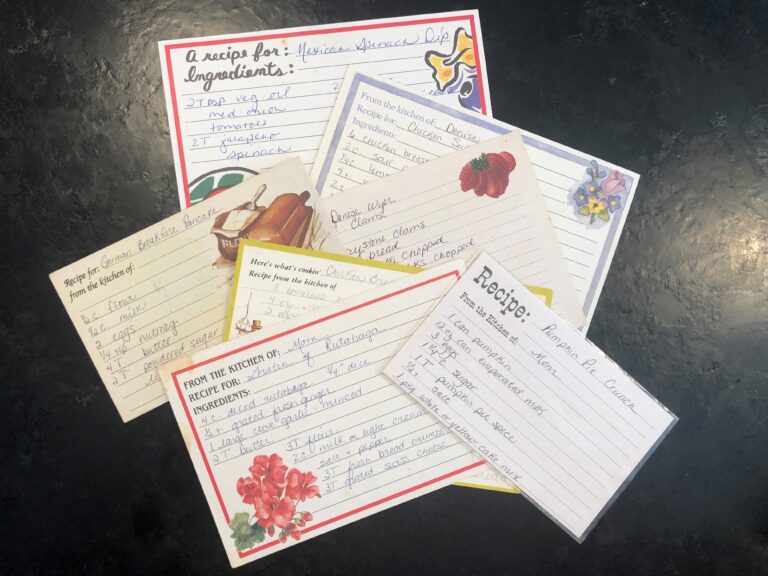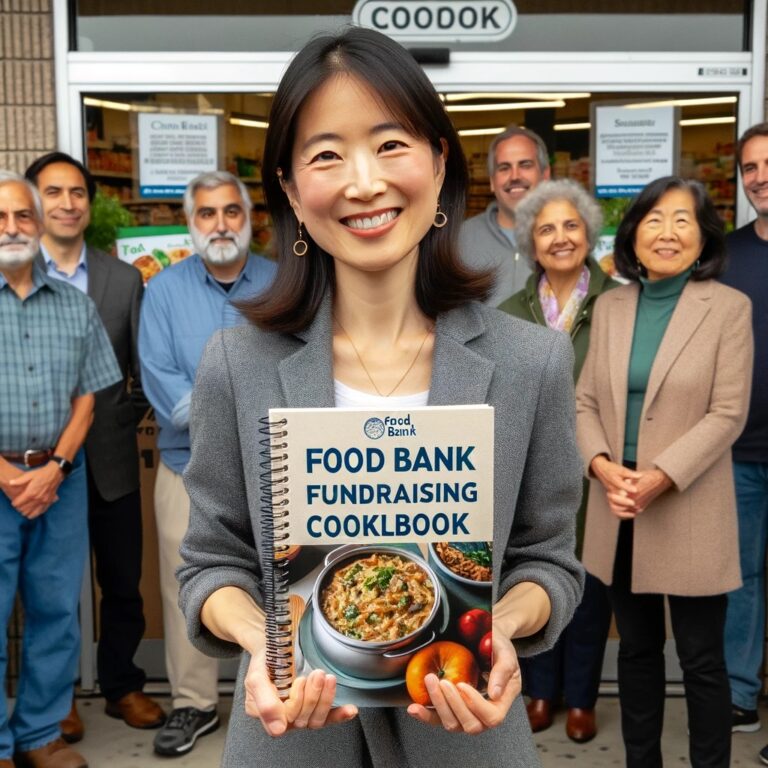Building a Volunteer Team to Support Your Cookbook Fundraiser
A successful cookbook fundraiser hinges not only on a great concept or a compelling cause but also on the strength and enthusiasm of the team behind it. Volunteers are the backbone of any nonprofit endeavor, and building a motivated, skilled team can significantly amplify your fundraising efforts. This article explores effective strategies for assembling and managing a volunteer team that will help make your cookbook fundraiser a success.
Understanding the Importance of Volunteers
Volunteers bring more than just extra hands; they bring diverse skills, fresh ideas, and their personal networks, all of which can enhance the scope and reach of your fundraiser. They serve as ambassadors of your cause, engaging the community, and driving enthusiasm and support for your project.
Here are some tips from CookbookFundraiser.com:
1. Defining Your Needs
Before recruiting any volunteers, it’s crucial to clearly define what roles are needed. Consider all phases of your cookbook fundraiser:
- Planning and Organization: Strategic thinkers and planners who can help set objectives and timelines.
- Content Collection: Individuals who can help solicit and organize recipes and stories from contributors.
- Design and Production: Skilled volunteers in graphic design and book layout.
- Marketing and Sales: Enthusiasts with experience in marketing, sales, and social media to promote and sell the cookbook.
- Distribution: People to handle logistics of distributing the finished cookbooks.
2. Recruiting Volunteers
Once you know what skills are required, you can begin the recruitment process. Here are some strategies to find the right volunteers:
- Leverage Existing Networks: Start by reaching out to your organization’s existing supporters, who are already engaged and understand your mission.
- Community Outreach: Engage with local community centers, schools, and colleges. Students and community members often look for volunteer opportunities.
- Social Media: Utilize social media platforms to post volunteer opportunities. Engaging videos or posts about your project can attract people who share a passion for your cause.
- Local Businesses: Some businesses encourage their employees to volunteer as a form of corporate social responsibility. They can be a great resource for skilled volunteers.
3. Managing Volunteers
Effective volunteer management is critical to keep your team motivated and productive. Here are some key management strategies:
- Orientation and Training: Provide comprehensive training so volunteers feel prepared and valued. This should include details about your organization, the specific goals of the fundraiser, and their roles and responsibilities.
- Communication: Keep lines of communication open. Regular meetings, email updates, and a dedicated group chat can keep everyone on the same page and foster a sense of community.
- Recognition: Regularly acknowledge the hard work and achievements of your volunteers. Recognition can be as simple as a thank you card, a mention in your newsletter, or a volunteer appreciation event.
4. Keeping Volunteers Engaged
Keeping volunteers engaged is essential for maintaining a high level of energy and commitment. Consider these approaches:
- Empowerment: Give volunteers a sense of ownership. Involve them in decision-making processes where appropriate.
- Social Events: Organize casual meetups or small parties for volunteers to build camaraderie.
- Feedback: Regularly ask for feedback on their experiences and suggestions for improvement. This shows that you value their input and are committed to making the experience rewarding for everyone involved.
5. Utilizing Volunteer Skills Effectively
Match tasks to volunteers’ skills and interests as closely as possible. For example, someone with a background in graphic design can be tasked with designing the cookbook’s layout, while a marketing professional can oversee promotional efforts.
6. Building a Sustainable Volunteer Base
Think long-term when building your volunteer team:
- Retention Strategies: Create a welcoming and inclusive team atmosphere. Consider creating roles that can evolve or rotate to keep the experience fresh.
- Develop Leaders: Identify potential leaders among your volunteers and provide them with opportunities to grow. They can help manage aspects of the fundraiser or mentor new volunteers.
Conclusion
Building a strong volunteer team is both a challenge and an opportunity. The right team can significantly enhance the effectiveness of your cookbook fundraiser, creating not only a successful campaign but also a community of dedicated supporters. By carefully selecting, managing, and engaging your volunteers, you can leverage their talents and enthusiasm to achieve your fundraising goals and beyond.
In essence, the success of your cookbook fundraiser greatly depends on the human element — the passion, hard work, and creativity of each volunteer. With a solid team in place, you’re well on your way to turning your culinary fundraising idea into a delicious reality.
Bill Rice is the Co-Publisher of Family Cookbook Project and CookbookFundraiser.com which helps individuals, churches, schools, teams and other fundraising groups create cherished personalized cookbooks using peer-to-peer tools and the power of the Internet to meet group funding needs. Follow us on Facebook, Twitter, Instagram and Pinterestand start your own cookbook fundraiser today at CookbookFundraiser.com







